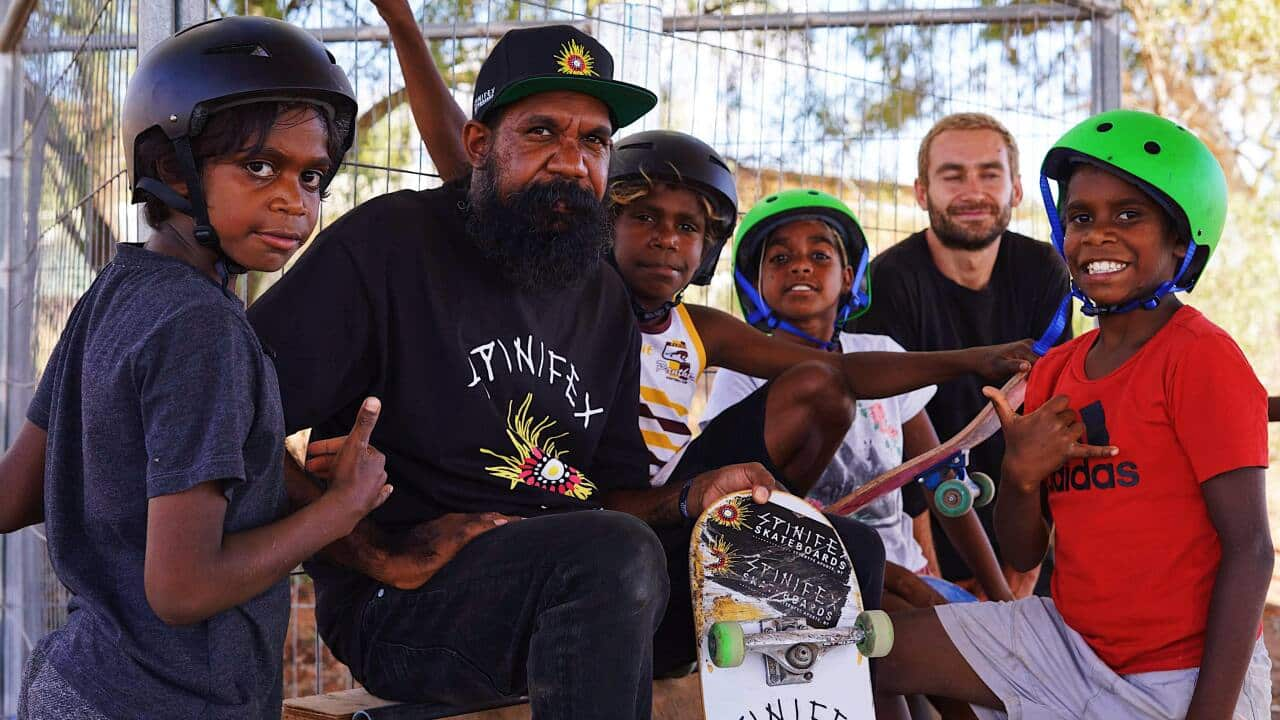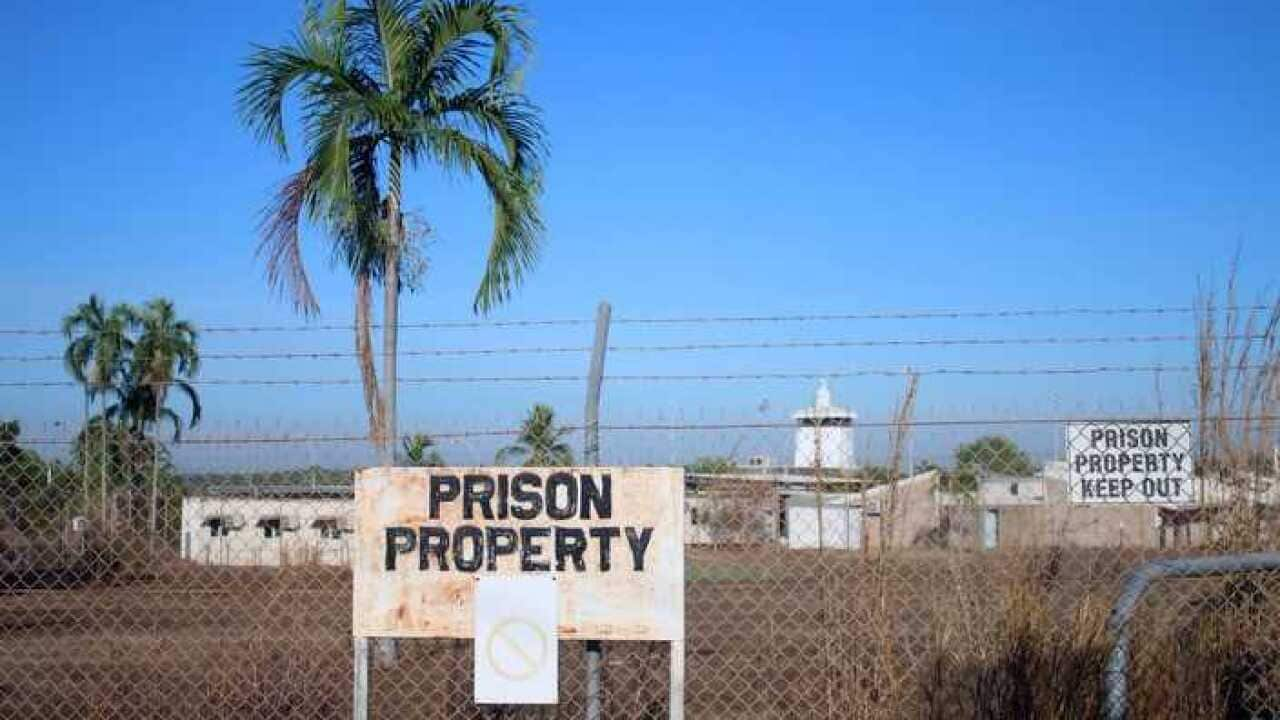Protesters are calling for an inquiry into the Northern Territory government’s proposed youth bail reforms that they say are "regressive" and will disproportionately affect Indigenous youth.
A protest is set to take place in Darwin on Wednesday, with the proposed changes - aimed at reducing youth crime - expected to be introduced to parliament this week.
It comes as Indigenous community leaders and members of the Northern Territory Labor Party have written to Chief Minister Micheal Gunner urging their own government to reconsider its approach.
The government has proposed making changes to the Bail Act and Youth Justice Act to "cut crime, keep the community safe and put victims first".
"If you commit a serious breach of bail, bail will be revoked," Mr Gunner said in March.
"Bail is a privilege, not a right. Territorians are trusting you on bail and you must do the right thing while you're on bail."
The revocation of bail would be implemented for serious breaches, such as breach of certain electronic monitoring conditions and curfew, failure to attend court, reoffending while on bail, and failure to complete youth diversion.
Police would also have more circumstances where they would be able to immediately electronically monitor a young person who is alleged to have committed a crime. Thomas Mayor, Chairperson of the Indigenous Labor Network, told SBS News its members have urged their own government to abandon the reforms, fearing such a hard-line approach will only perpetuate racism against Indigenous youth.
Thomas Mayor, Chairperson of the Indigenous Labor Network, told SBS News its members have urged their own government to abandon the reforms, fearing such a hard-line approach will only perpetuate racism against Indigenous youth.

Northern Territory Chief Minister Michael Gunner talks to reporters at a press conference in Darwin. Source: AAP
Mr Mayor said the reforms are "regressive" and would "take us backwards" from recommendations made by the Royal Commmission into the Protection and Detention of Children in the Northern Territory, which was tabled in November 2017.
“We already know that these tough-on-crime measures don’t work and never have here in the Territory. They completely ignore the effect of so many years of racism, colonialism and failed policy,” he said.
'The opposite of care'
A letter from the Indigenous Labor Network to the government, as reported by the ABC, expresses concern its plan both contradicts the royal commission recommendations and its aimed at reducing reoffending and the imprisonment rate of Indigenous Territorians.
"We also urge that the government ceases tough on crime rhetoric that misrepresents the situation for Aboriginal children, contributing to racist community attitudes towards them," it states.
Mr Mayor said the reforms would have a devastating impact on Indigenous youth in the Territory and would increase incarceration rates.
“These policies will jut increase the amount of young Indigenous people who are incarcerated and while they are on remand, they will not have any access to the services that they will need to heal and recover," he said.
"So all that this does is entrench the cycle of social dysfunction and criminality.
“This is the opposite of care."
According to a February report from the Australian Institute of Health and Welfare, the number of young people held in youth detention on an average night fell from 922 to 798 between 2016 and 2020.
However, over the same period, the Northern Territory maintained the country's highest rate of people aged 10-17 in detention on an average night.
As part of last year's Closing the Gap refresh, Australian governments set a target of reducing the rate of Indigenous children in detention by 30 per cent by 2031.
The reforms have been widely condemned by human rights organisations along with Indigenous youth justice, legal and advocacy groups, despite being supported by the NT Police and the police union.
The who are 17 times more likely to be incarcerated on an average night, according to the AIHW report.
Protest organiser and community advocate Mililma May agreed, saying the proposed reforms are counterintuitive.
“My ultimate concern is that we will have a generation of institutionalised and traumatised children," she told SBS News.
"Reducing bail for kids means less time for loved ones, less time for developing their brains, more times to be outdoors and being nurtured.”
She said that the reforms were developed on the basis of fear, racism, and a factually incorrect narrative.
A spokesperson for the Northern Territory government told SBS News the reforms are necessary in order to make serious, long-term change.
"The Territory Government believes it is our responsibility to implement policy that invests in breaking the cycle of crime, and also ensures clear consequences for offending," they said in a statement.
The spokesperson said the changes that will be introduced to parliament this week are "in line with community expectations".




